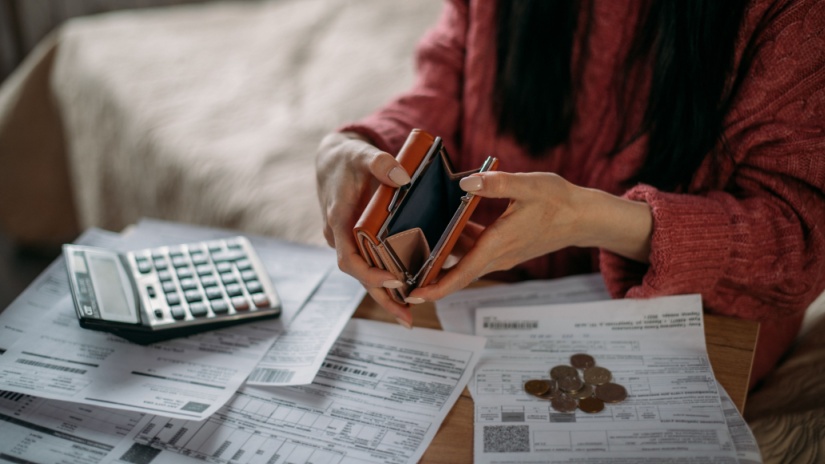Why electricity costs are so high in Australia right now

If your electricity bill has been creeping up, you're definitely not imagining it - and you’re not alone. Across Australia, households are feeling the pressure from higher energy costs. But what’s really behind it?
Let’s break it down in plain English.
Demand is rising - and not just a little
More of us are using more electricity than ever before. Why?
- Hotter summers, colder winters: Climate extremes are pushing up demand for cooling and heating.
- Bigger homes, more devices: From smart fridges to massive TVs, Aussie households use loads of power.
- Electrification: We’re switching from gas to electric cooktops, heat pumps, and EVs - great for the environment, but it does increase electricity demand.
All of this puts pressure on the grid and the system behind it, which can drive prices up, especially during peak times.
We're in the middle of a massive energy transition
Australia is rapidly moving away from coal and gas and replacing it with renewables like solar and wind. This is great news for the planet and for long-term energy affordability, but transitions come with short-term costs.
- Old power stations are retiring or breaking down more often, making electricity supply less stable.
- Renewable energy is variable. If the sun’s not shining or the wind isn’t blowing, we need backup sources - and those backups (usually gas) are expensive.
- New infrastructure is needed. We’re building new solar and wind farms, battery storage, and upgrading the grid. That all costs money - and guess who’s footing part of the bill? (Yep, us.)
Network upgrades cost billions
Think about it: even if electricity is cheap to produce, it still needs to get to your home.
- The poles and wires (aka the network) that deliver electricity are aging in many areas.
- We need new transmission lines to move renewable energy from remote wind or solar farms to cities and towns.
- All of this requires massive investment - and energy providers pass those costs onto customers.
Some reports estimate that network costs can make up 35–50% of your electricity bill. You’re not just paying for the electricity; you’re paying to have it delivered reliably.
Wholesale prices are bouncing all over the place
The wholesale market is where electricity is bought and sold by generators and retailers. Prices in this market are heavily influenced by:
- Fuel costs (coal, gas, diesel)
- Supply and demand
- Unplanned outages
- Weather conditions
When things go wrong (say, a coal plant goes offline or gas prices spike), wholesale prices shoot up - and retailers pass that increase onto you in your next bill.
It’s like going to the supermarket during a supply shortage - suddenly, everything’s more expensive.
Government policies, subsidies, and climate goals
Australia is working toward net-zero emissions by 2050 - and energy is a big piece of the puzzle. That means more investment in clean power, storage, and grid resilience.
Policies like:
- Renewable energy targets
- Carbon offset schemes
- Capacity payments to keep reliable generation ready
...are good in the big picture. But right now, many of these come with upfront costs, which get wrapped into your bill under “environmental charges” or passed along by retailers.
So, what does this all mean for you?
If it feels like your bill keeps going up no matter what you do - this is why. You’re not imagining it. You’re paying for:
- More electricity (because we’re using more)
- More expensive supply (due to market conditions)
- A massive shift in how we produce and deliver energy
And the future - all the upgrades and changes needed to make energy cleaner and more reliable down the road
Australia is on the path to a cleaner energy future - but right now, we’re in the expensive middle bit. There’s light at the end of the tunnel, but in the short term, you’re likely to see some bumps in your bills.
That’s why now more than ever, it’s important to:
- Compare energy plans regularly
- Understand what’s on your bill
- Make your home more energy efficient
- Use off-peak energy where you can
- Consider solar or battery options if possible
And if you're not sure where to start?
Call Compare Energy on 1300 790 106. We can check what plans are available in your area - and help you switch to something better.

